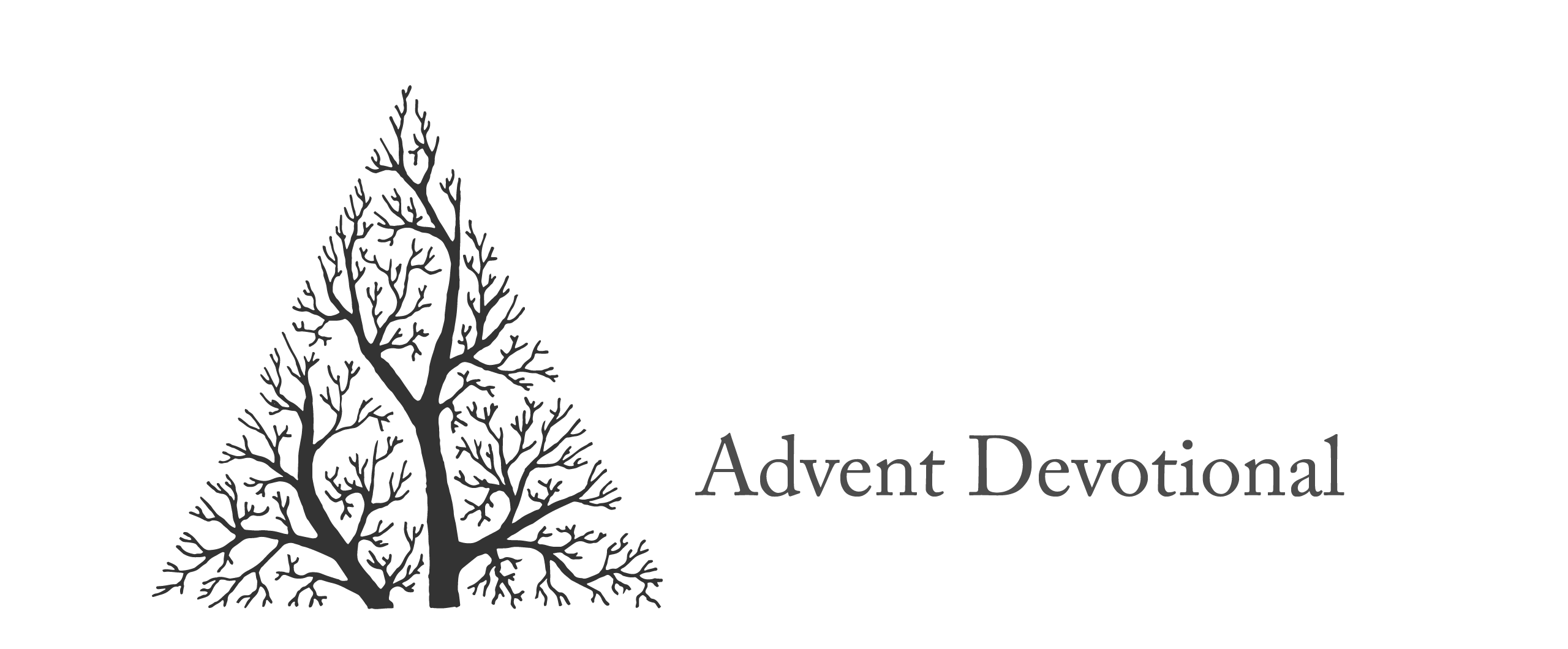
Day 14
saturday, December 9
Dan Verrengia
If you, O LORD, should mark iniquities,
O Lord, who could stand?
But with you there is forgiveness,
that you may be feared. (Psalm 130:3–4)
I recently came across something that I had long forgotten. Whenever we violated the rules, our teachers sternly reminded us that we wouldn’t want this to go on our “permanent record”! Now there is no such thing in school as a “permanent record,” but we didn’t know that. Unfortunately, we still frequently hold this notion, although in a more subtle way. The things that plunge us into the depths often seem unerasable, unforgettable, and unforgivable! It’s as if “unpardonable” has been indelibly written across our hearts.
Two relevant themes of Psalm 130 speak to this. First, since God does not record our sins in heavenly, indelible ink, why should we? Second, since God graciously forgives, why should we persist in a bondage of our own making? A 17th century nonconformist Puritan, George Swinnock, (cited by Spurgeon), said it brilliantly:
The hammer of the law may break the icy heart of man with terrors and horrors, and yet it may remain ice still, unchanged; but when the fire of love kindly thawed its ice, it is changed and dissolved into water – it is no longer ice, but of another nature. [3]
Taking the moral law to heart leads us into the depths, as per this Psalm, which elicits a cry for mercy. From the depths of (the writer lets us fill in the blank), we unexpectedly find grace and forgiveness. As God’s love melts the frigid hardness of our hearts, we get to foretaste God’s promise of complete change from the inside out. In the depths, we wait. We wait with hope. We wait reverently for the certain dawning of the fullness of God in a greater light and on another shore.
[3] Spurgeon, Charles Haddon “The Treasury of David: Volume 3” (Psalms 111-150) (Peabody, Massachusetts: Hendrickson, 1988)
Dan lives in Woburn and enjoys travel and playing the organ and piano.
